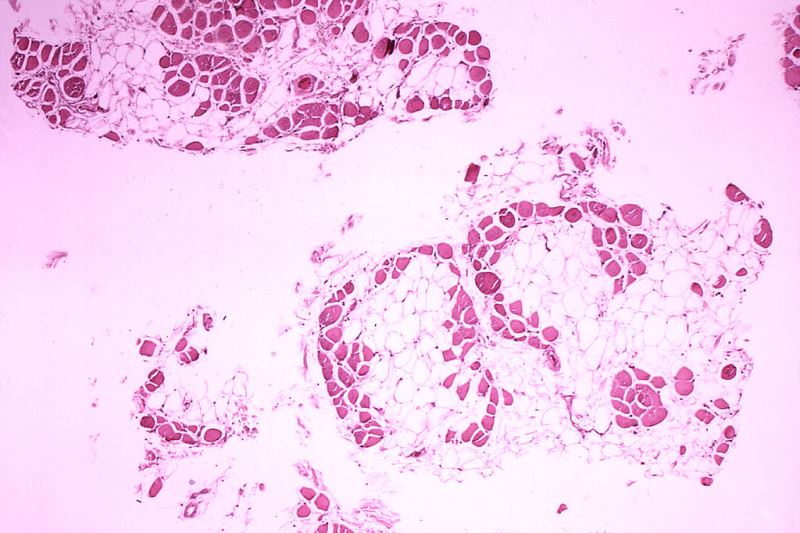
The US Food and Drug Administration (FDA) has granted marketing approval for PerkinElmer’s GSP Neonatal Creatine Kinase-MM kit, a newborn screening test for Duchenne Muscular Dystrophy (DMD).
DMD is a rare genetic disorder whereby patients experience progressive muscle deterioration and weakness.

Discover B2B Marketing That Performs
Combine business intelligence and editorial excellence to reach engaged professionals across 36 leading media platforms.
FDA Centre for Devices and Radiological Health Office of In-Vitro Diagnostics and Radiological Health director Tim Stenzel said: “Diagnostics that can safely and effectively screen newborns can help health care professionals identify and discuss potential treatment options with parents and caregivers before symptoms or effects on a baby’s health may be noticeable.
“This authorisation reflects our commitment to fostering innovation in devices to help inform and provide options to patients and their caregivers. Early screening can help identify individuals who need additional follow up or treatment.”
The GSP Neonatal Creatine Kinase-MM kit evaluates concentrations of CK-MM protein, which forms part of a group of proteins called creatine kinase.
When CK-MM protein enters the bloodstream in an increased amount, it leads to muscle damage.

US Tariffs are shifting - will you react or anticipate?
Don’t let policy changes catch you off guard. Stay proactive with real-time data and expert analysis.
By GlobalDataThe test measures levels from dried blood samples collected from a newborn’s heel within 24 to 48 hours after birth.
FDA authorisation comes from a study evaluating 3,041 newborns whose protein levels were tested with the kit through dried blood samples.
The kit could accurately identify the screened newborns with DMD- causing genetic mutations.
PerkinElmer also tested 30 blood samples taken from newborns with clinically confirmed DMD cases, and the kit could accurately identify these samples.
The test was reviewed by the FDA through de novo premarket approach for low-to-moderate risk devices of a new type.





